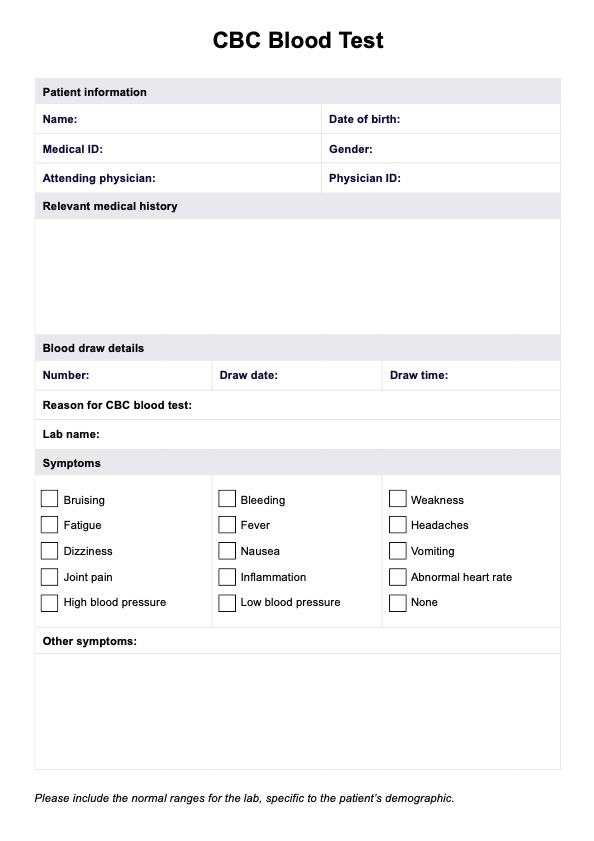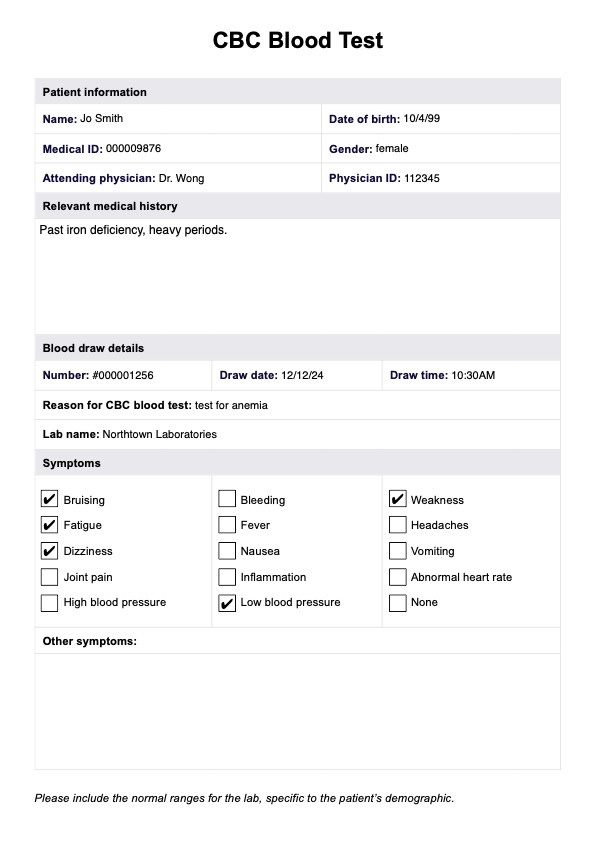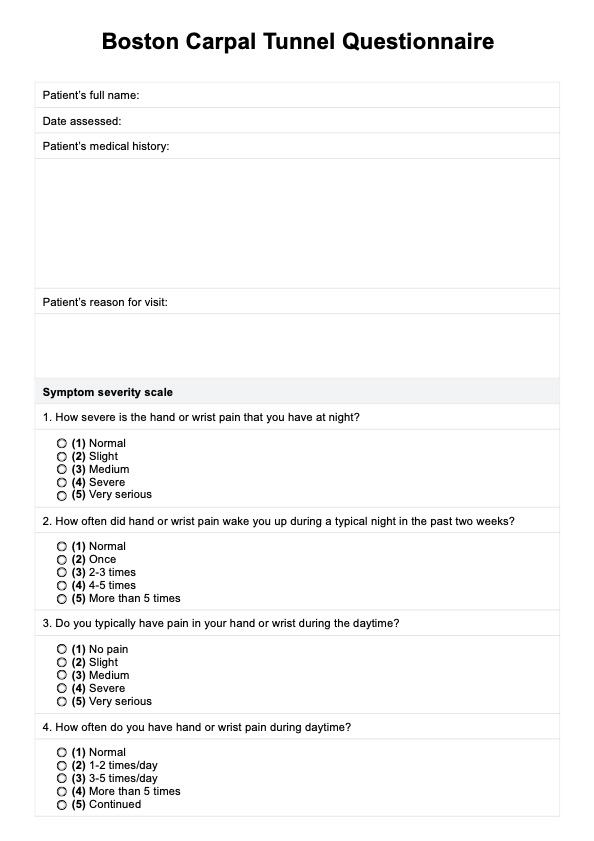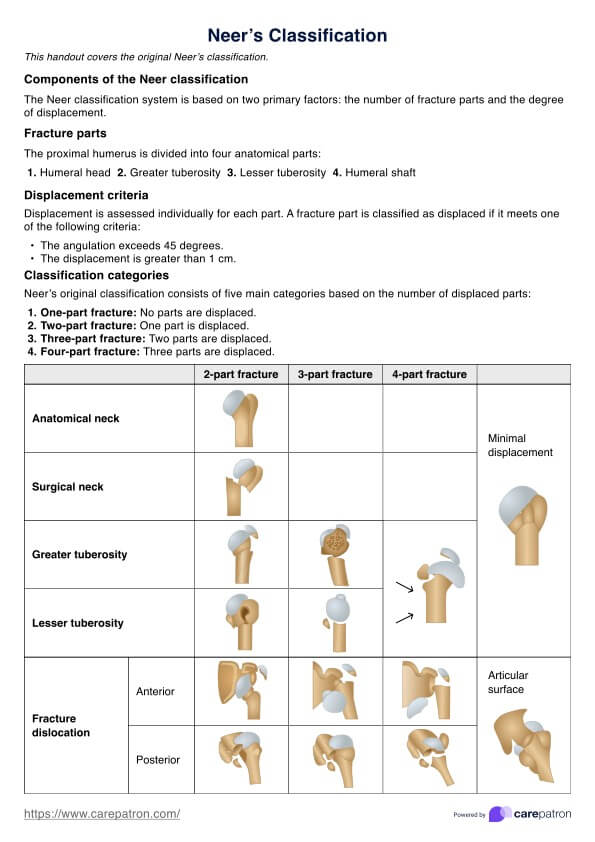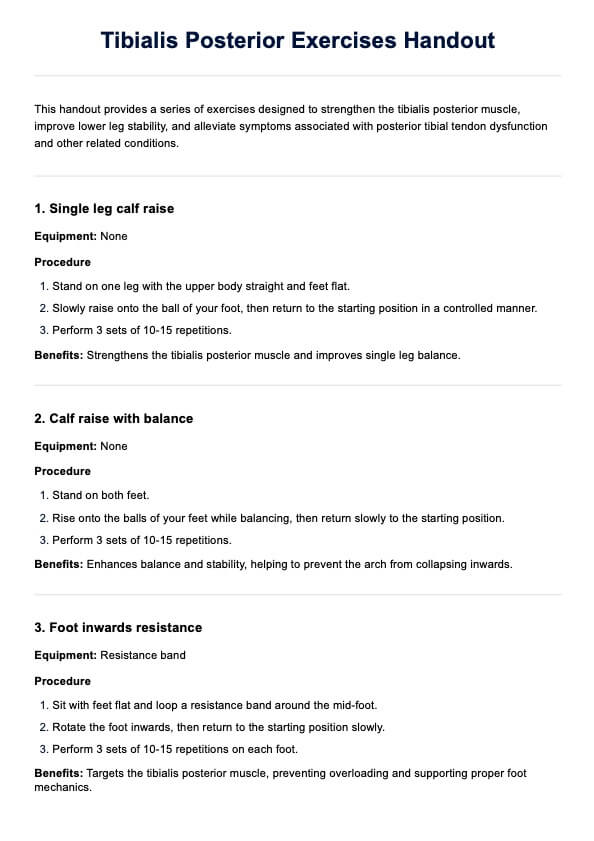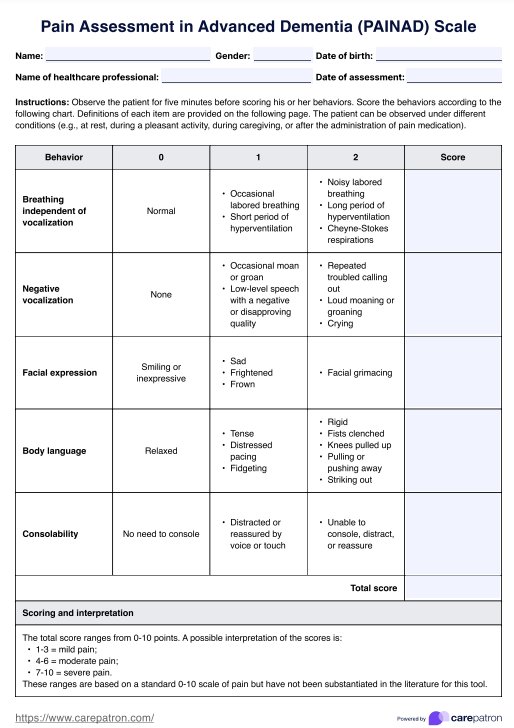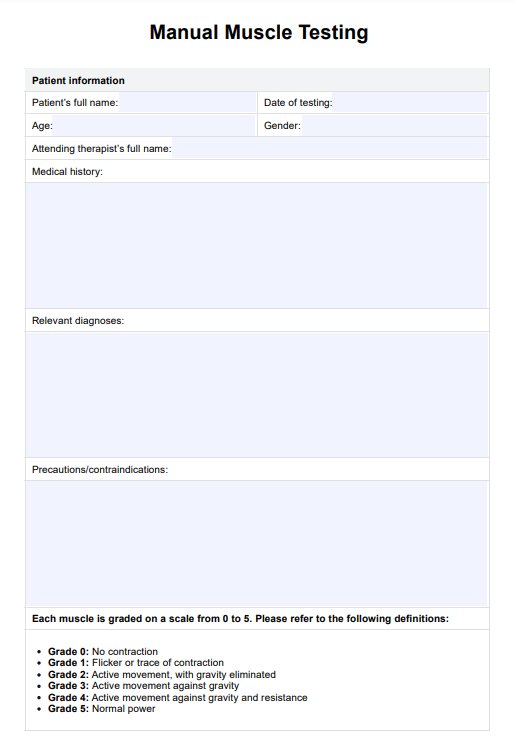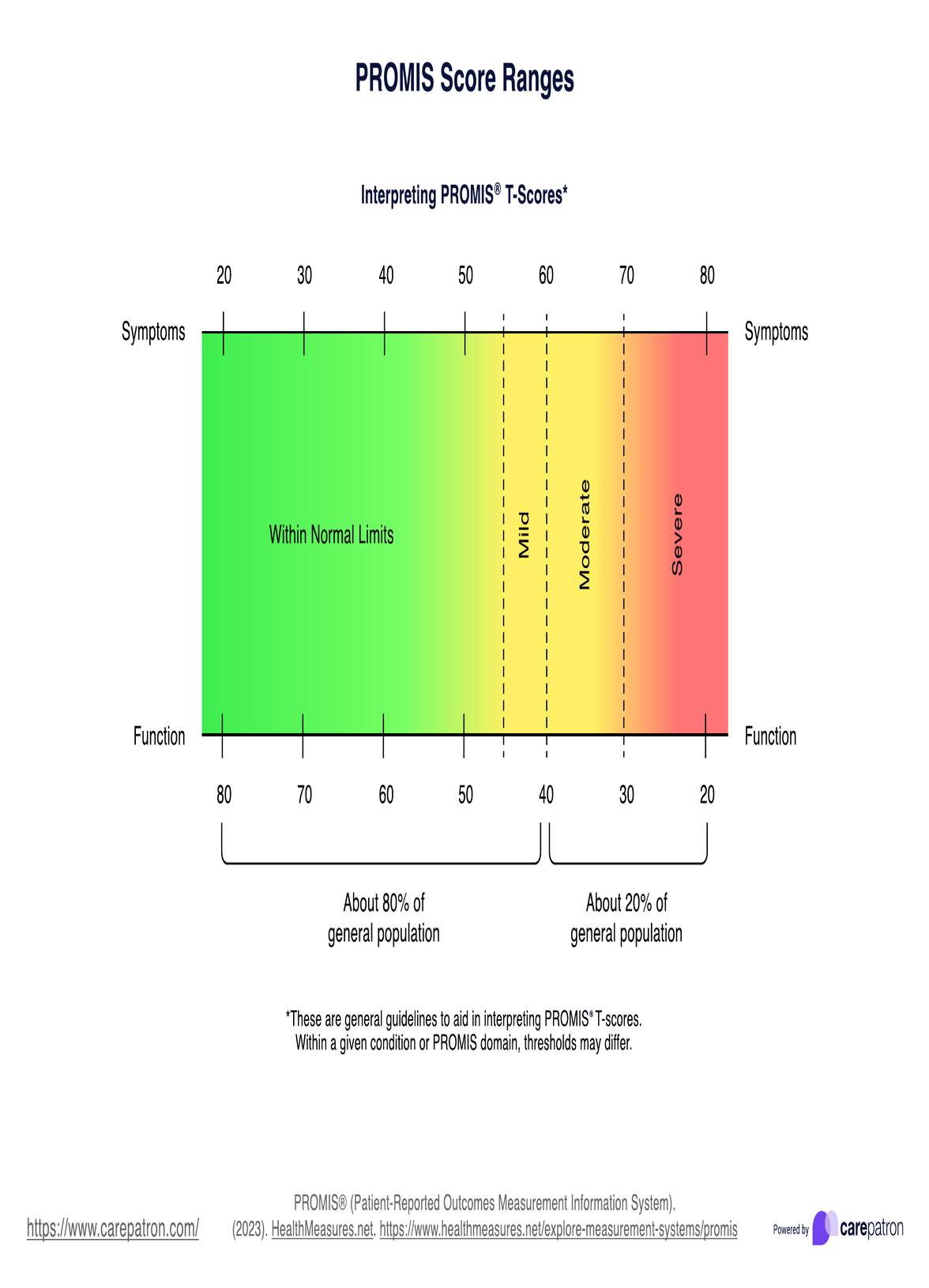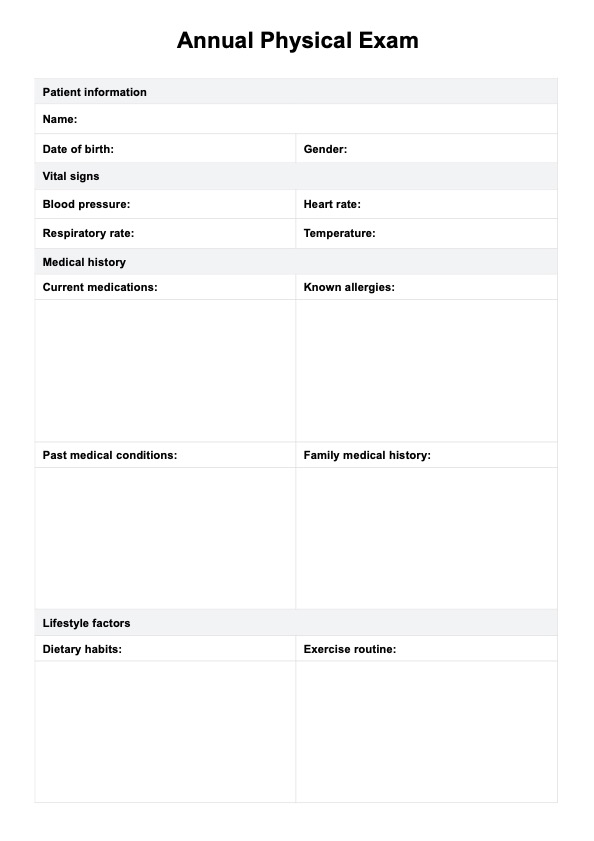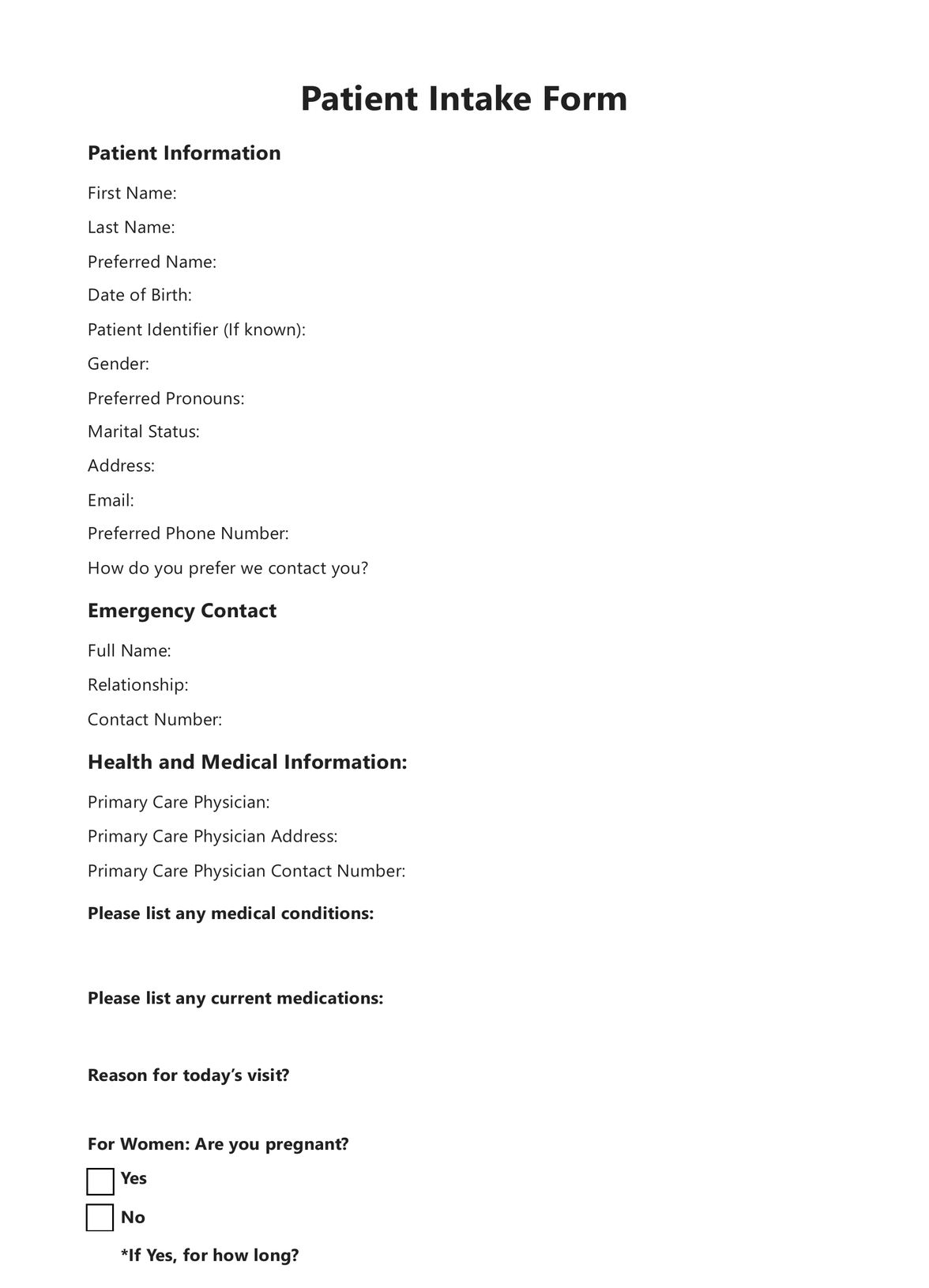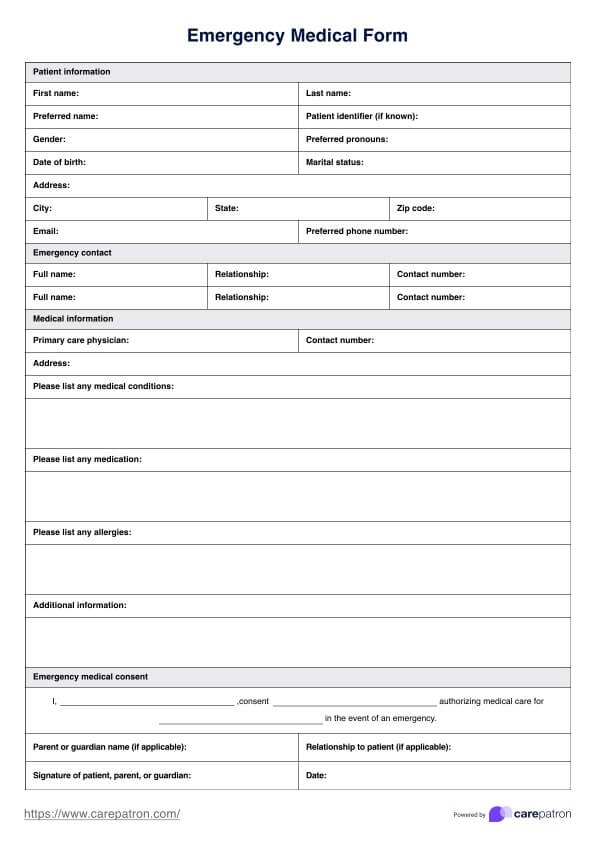CBC Blood Test
Download our CBC Blood Test Template to organize and document complete blood count results accurately.


What is a complete blood count (CBC) blood test?
A complete blood count (CBC) test, also known as a CBC blood test, is a common blood test with a wide range of medical uses. CBC blood tests provide a blood cell measure, specifically the number of red blood cells, white blood cells, and platelets. It's one of the safest blood tests and poses no risk to any patient.
The test can provide a valuable indication of a person's overall health status and check for signs of certain conditions related to blood and bone marrow. Healthcare professionals may order a CBC to identify bloodstream abnormalities and heart or lung disease or to determine the next set of tests to narrow down a patient's possible conditions.
CBC blood tests are also essential in cancer treatment because they can perform various functions using only a small blood sample. A CBC test can help diagnose blood cancers, determine if cancer has spread to bone marrow, and evaluate the impact of chemotherapy on the body.
CBC Blood Test Template
CBC Blood Test Example
How to use our CBC Blood Test Template?
The CBC Blood Test Template provides a straightforward way to display CBC results and interpretations. Here are the steps to effectively using this resource:
Step 1: Access the template
Access the template via this page by clicking "Use template" to customize it in the Carepatron platform or "Download" for a PDF copy.
Step 2: Conduct the test
Before the blood draw, healthcare providers should document any medication the patient is taking that may affect the results. Then, the blood sample is collected and sent to a laboratory for analysis along with the lab request form.
Step 3: Input patient information
Fill in the patient information and sample information sections, ensuring you record the blood draw number and the date.
Step 4: Analyze and interpret
Complete the form when the results are ready. This typically takes 1-2 days. You can use the CBC Blood Test Template to record the results, diagnosis, and next steps if applicable. Then, discuss your findings and interpretations with the patient.
How are CBC blood test results interpreted?
A CBC test has high medical utility. Abnormal results can indicate a variety of health complications, including anemia, immune system deficiencies, blood disorders, physical stress tissue damage, autoimmune diseases, and blood cancers.
Complete blood count measures different components of the blood. Note that the 'normal' ranges for each component may vary between labs and the units they use. Here's an overview of the possible problems each measure of the CBC may indicate:
- Red blood cell count (erythrocytes): Anemia, kidney problems like chronic kidney disease, bleeding, malnutrition, heart problems, lung problems, polycythemia, dehydration
- Hemoglobin (protein in red blood cells that carries oxygen to tissues): Anemia, cirrhosis, cancer, malnutrition, bleeding, dehydration, polycythemia
- Hematocrit (the volume of red blood cells): Anemia, cirrhosis, cancer, malnutrition, bleeding, dehydration, polycythemia, hemochromatosis
- Blood sedimentation rate (how fast red blood cells sink to the bottom of the tube): Inflammations
- Red cell distribution width (RCDW or differences in red blood cell volume and size): Vascular diseases
- White blood cell count (leukocytes or a key part of the body's immune system, and provides insight into immune function) including subtypes like the monocyte, lymphocyte, neutrophil, basophil, and eosinophil: Infections, leukemia, and other immune system-related issues
- Platelet count (thrombocytes): Bleeding/clotting problems
- Mean corpuscular volume (MCV or average size/volume of red blood cells): Anemia, malnutrition, thalassemia
- Mean corpuscular hemoglobin (MCH or average amount of hemoglobin in red blood cells): Anemia, malnutrition, thalassemia
- Mean corpuscular hemoglobin concentration (MCHC or average amount of hemoglobin concentration in red blood cells): Anemia, malnutrition, thalassemia
When is it best to conduct a CBC blood test?
Here's a list of the best times to conduct CBC blood tests:
When patients present with particular symptoms
This test can be conducted when patients are experiencing symptoms such as:
- Unexplained bruises or bleeding
- Feeling weak or weary, especially without strenuous activity
- Fever
- Headaches and feeling dizzy
- Nausea and vomiting
- Pain in joints, inflammation
- Abnormal heart rate
- High or low blood pressure
Detecting blood diseases
A healthcare provider may conduct a CBC test to determine if the patient has a blood disease. It is pertinent for a physician to conduct a CBC to test for a blood disease if they suspect:
- Deficiencies in vitamins and minerals
- Anemia (the state of not having enough red blood cells to scatter oxygen around the body)
- The patient is dealing with any side effects of specific medication or chemotherapy
- The patient has certain types of cancer
- Bacterial infections
- The patient has a particular blood disorder, such as hemophilia
- The patient has bone marrow disorders, such as bone marrow failure
Routine check-ups
Some patients may be scheduled for routine check-ups to monitor their overall health. This facilitates early detection of underlying conditions or potential complications, allowing healthcare providers to intervene timely before they progress.
Patient monitoring
Regular CBC blood tests are conducted to monitor the health status of patients with particular blood, heart, or lung disease diagnoses (or who receive abnormal CBC results). This allows healthcare providers to determine whether the patient's disease is getting better or worse, whether their treatment has any side effects, and whether the treatment plan has been effective.
Commonly asked questions
CBC blood tests are safe. Patients might feel slight pain when the needles are inserted into their veins, and at worst, they will feel a bit lightheaded afterward.
No. It can point to possible conditions (and, in some cases, rule certain diagnoses out), but it doesn’t confirm them. Other tests will be able to do that. This blood test is usually one of the first steps in the diagnostic process.
No. CBC blood tests focus on our blood cells. Blood chemistry panels focus on assessing chemicals present in our blood to help determine their impact on our organs.


